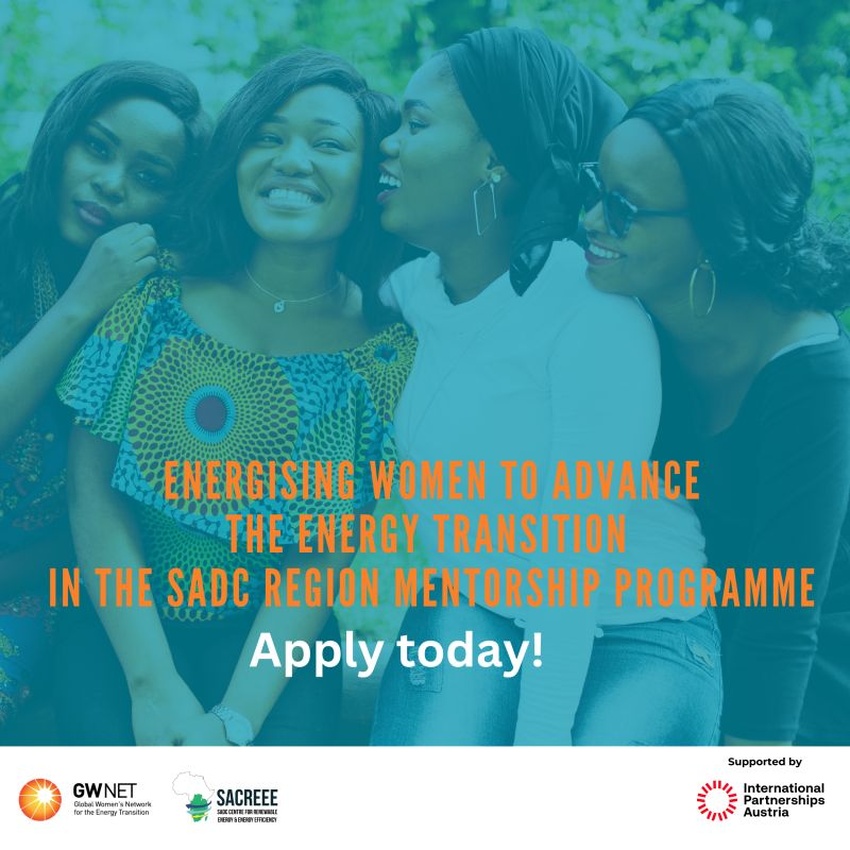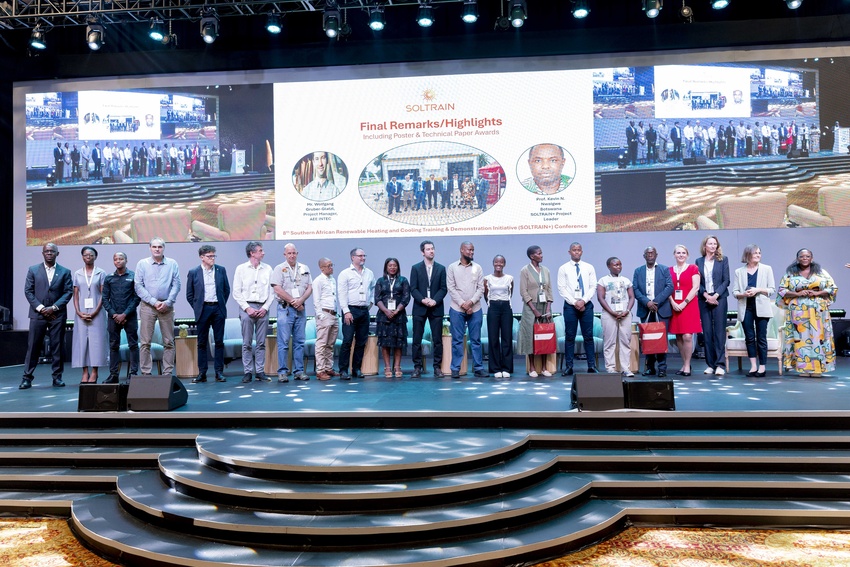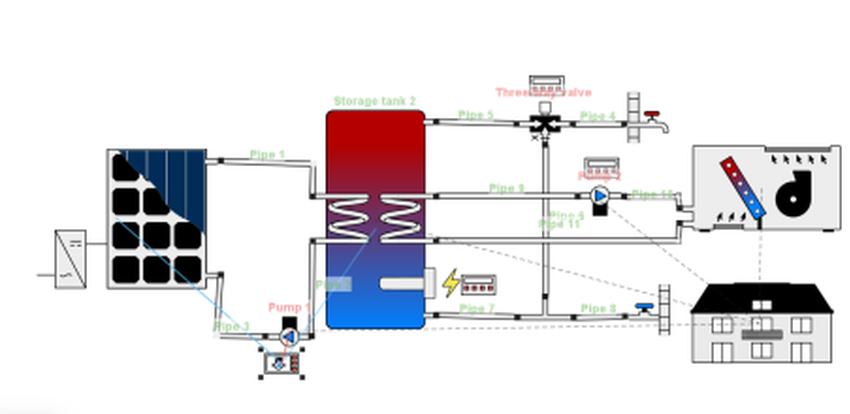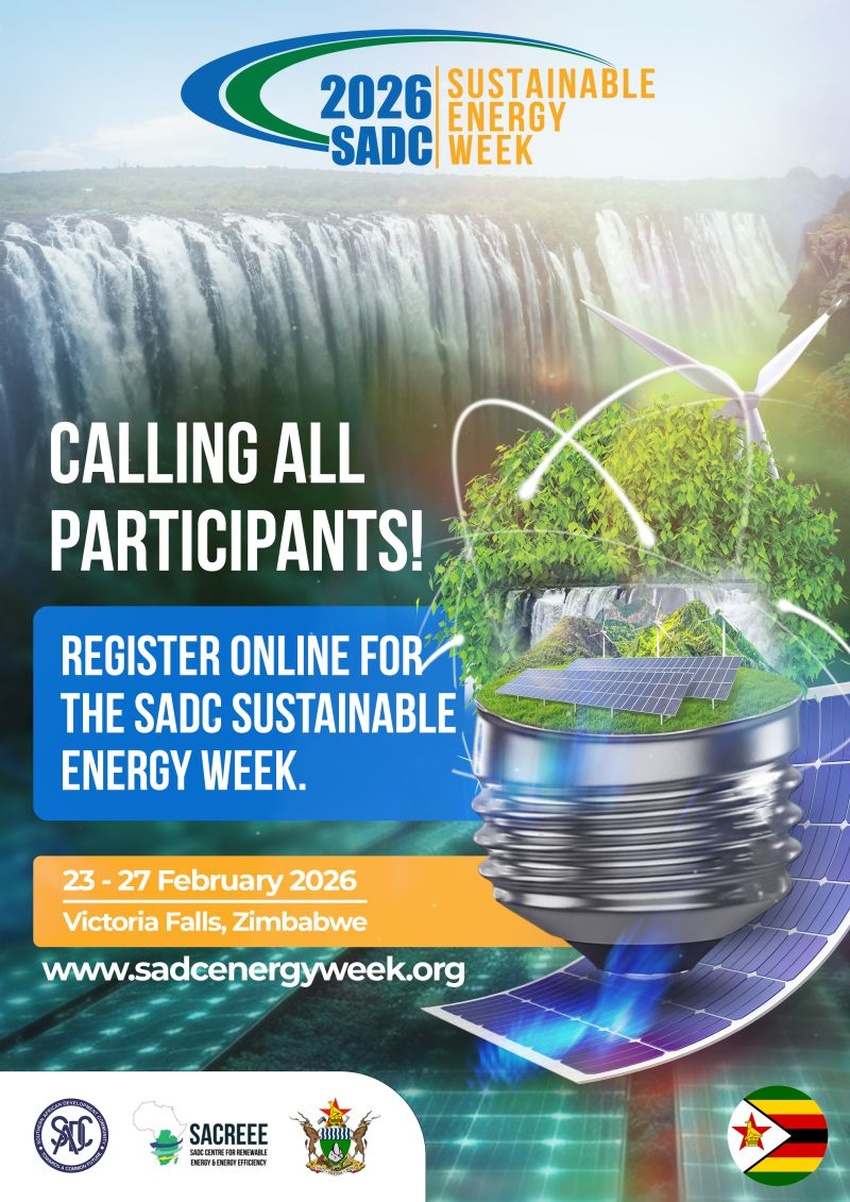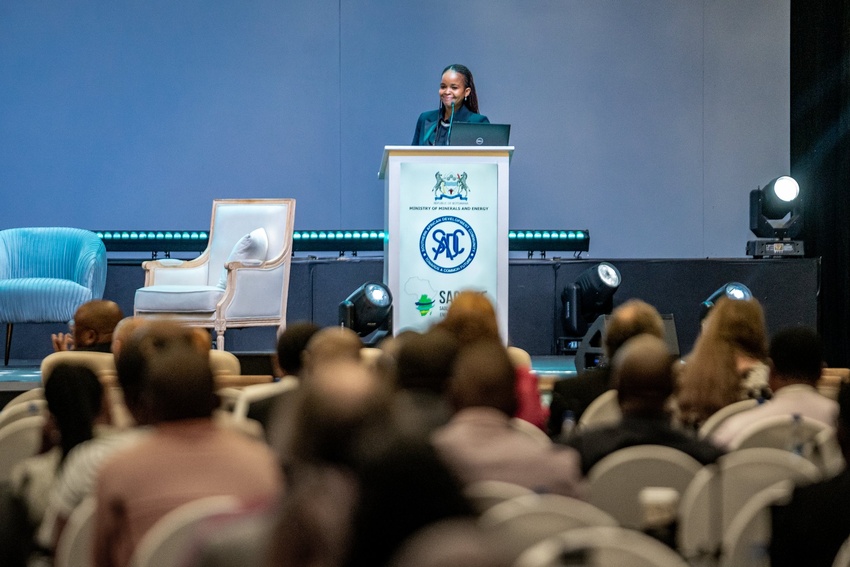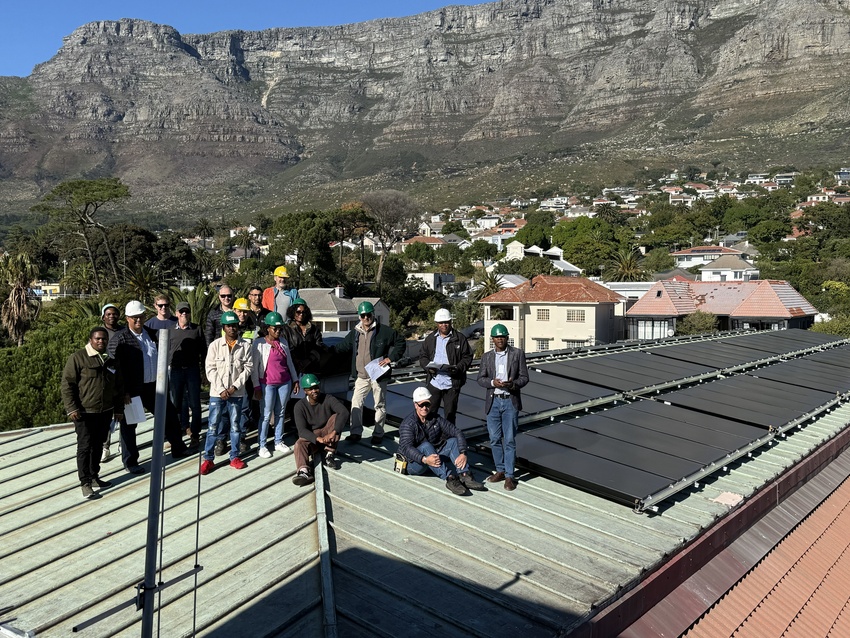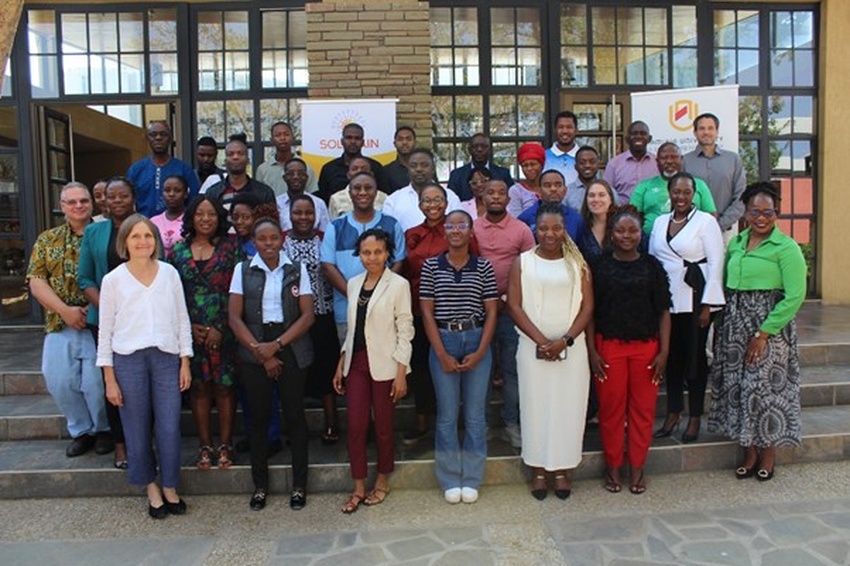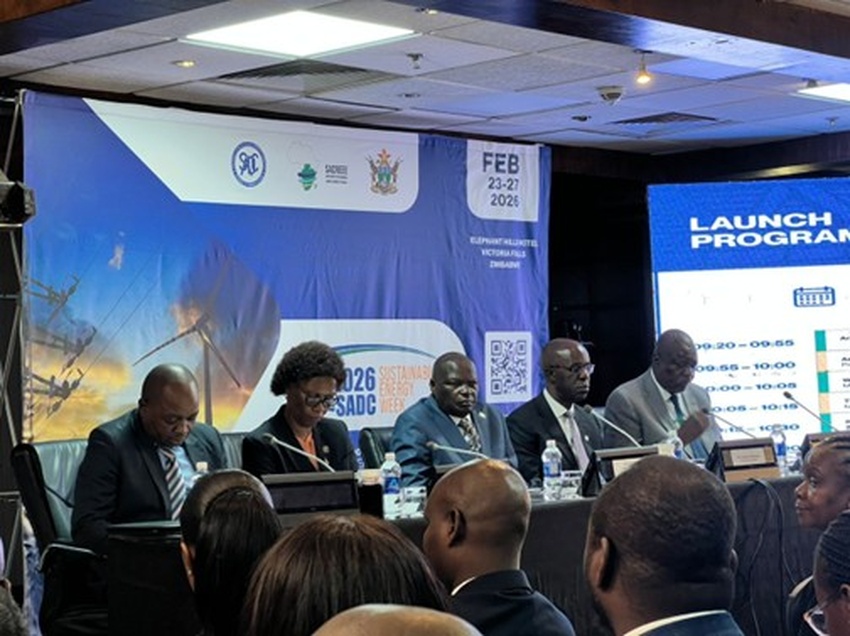2nd SOLTRAIN III workshop emphasises implementation strategies for solar thermal
Submitted by SANEDIPublished 9 years, 2 months ago
One of SOLTRAIN’s South African partners, SANEDI, recently hosted their second workshop as part of SOLTRAIN phase III in Pretoria in mid-September.
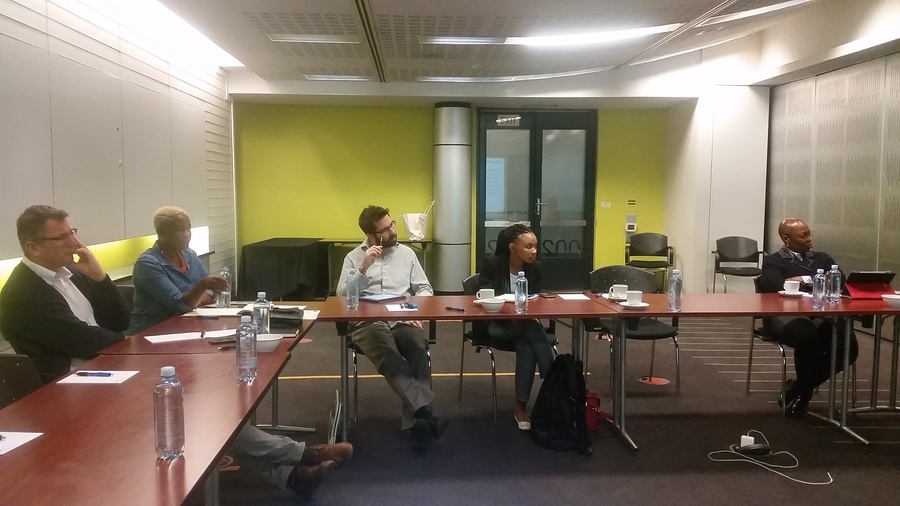
The aim of the workshop was to convene a small, intensive meeting that aimed to discuss the need and potential for a decision making tool to enable policy development and implementation in the solar water heating sector, and to begin conceptualising such a model. The workshop was attended by government departments, research institutes and academic institutions.
This is in keeping with SOLTRAIN’s overall aim of promoting solar thermal energy by supporting policy, installation subsidies and through the delivery of technical training courses and knowledge acquisition. Secondary to this is job creation at small and medium enterprise level and the initiation and strengthening of political support mechanisms for solar thermal systems.
The second workshop was convened against the backdrop of the conclusion of SOLTRAIN phase II in the first quarter of 2015. During this phase, the Centre for Renewable and Sustainable Energy Studies (CRSES) at Stellenbosch University, in partnership with AEE- INTEC and SESSA launched the South African Solar Thermal Technology Roadmap (SA-STTRM).
The SA-STTRM reviews progress made in the use of solar thermal technology in South Africa to date. It also analyses the technological, legislative, regulatory and other barriers to the deployment of solar water heating technology. During SOLTRAIN phase III, the South African partners will take steps towards the implementation of the the SA-STTP.
Attendees of the second workshop agreed that implementation efforts should be concentrated on an area over which the group could actively begin to drive processes. It was thus decided that a focus on technology awareness, understanding and marketing in the sector was paramount. In addition, it was agreed that the stakeholders should work together towards creating a simple online tool that can assess a potential client’s needs, and then suggest a suitable system for implementation.
The overarching marketing approach will commence by tapping into various channels including television, local radio stations, newspaper and magazine articles, social media, industry associations, academia and schools.
The proposed online tool for solar water heating installations would consist of a simple assessment of end-user needs. The assessment would include the number of persons in the building, the location of the building and the current electrical bill. Based on the input from this assessment, a basic idea would be given of whether or not a system would be feasible in situ, as well as the approximate system size, cost and expected reduction in electricity cost once implemented. The tool would then also provide information on system service providers.
It was also emphasized that it is important for the solar water heating sector to highlight successes wherever possible. “Any interaction on the topic is a stakeholder engagement and the more true and factual information on successful and positive solar water heater implementation is disseminated, the better for the sector,” concluded Dr. Karen Surridge-Talbot.
